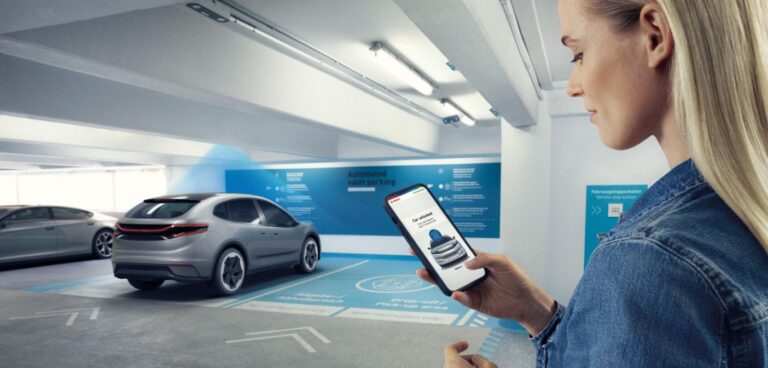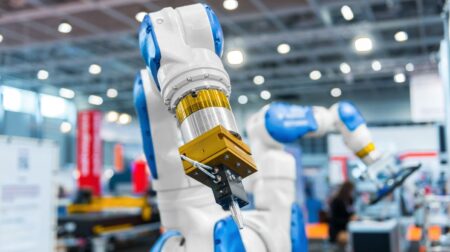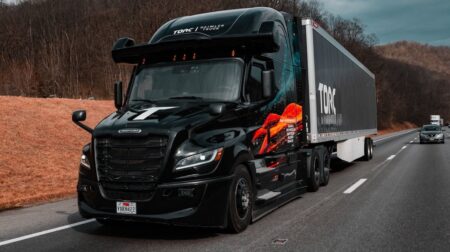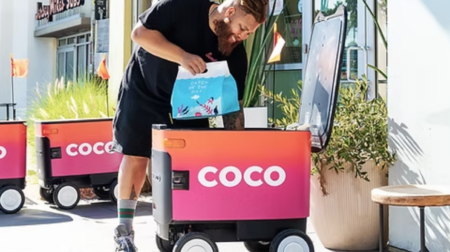Bosch and Apcoa will be installing automated valet parking at 15 further parking garages across Germany, after the technology was approved for commercial use in a parking garage at Stuttgart airport.
The two companies plan to implement the tech at sites from Hamburg to Munich, and hope to expand the use of the infrastructure-reliant, automated and driverless SAE Level 4 parking system this year.
To begin the scaling up process, Bosch and Apcoa plan to equip four spaces per parking garage with the autonomous system, but hope to eventually increase this number to 200 spaces at the 15 sites.
A master agreement has been signed by both parties, which they consider the first step towards global commercialisation.
“Germany is only the beginning – we’re expecting to soon be able to gradually roll out automated valet parking in other countries around the world as well, once the corresponding laws have been passed,” said Claudia Barthle, VP of sales, software and services at Bosch.
Germany is one of the few countries to have passed legislation to create a bedrock for the deployment of Level 4 autonomous systems.
“With the automated valet parking solution, we can offer our parking customers a whole new level of convenience,” said Frank van der Sant, a member of the board of management and chief commercial officer of Apcoa Parking Group.
“This function is especially advantageous at locations where time is an issue, such as airports, concert halls, event locations, and trade fair locations.
“In other words, our location at Stuttgart airport is only the beginning.”
Automated valet parking enables the user to park their vehicle in the handover zone and arrange the pick-up and parking of the car through an app.
For this system, Bosch provided stereo cameras to identify parking spaces and monitor the parking garage to detect obstacles or people in the driving aisle.
If an unexpected obstacle is detected, the system is designed to activate the vehicle’s brakes to bring the car to a complete stop, only resuming movement if the path is found to be completely obstacle-free.








